History and beauty as inexhaustible sources of inspiration.
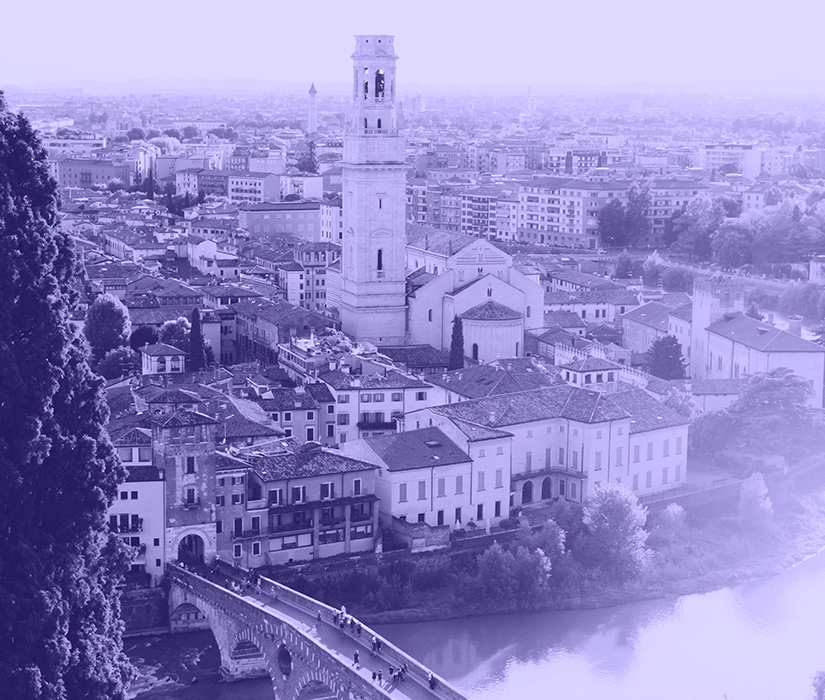
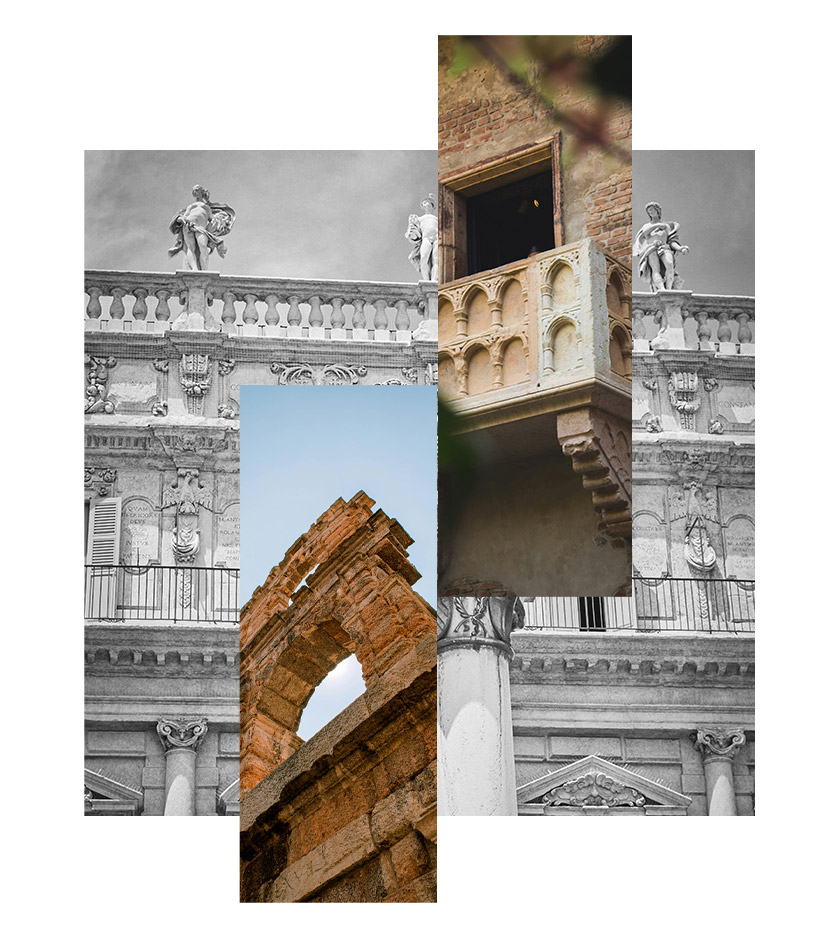
Vivaldi stands for a contemporary, young, open and creative Verona, which recognises a fundamental part of its identity in wine.
The flair and creativity of the composer of ‘The 4 Seasons’ inspire a new approach to wine that is nourished by continuous stimuli and challenge-and-response.

A winemaking journey that, from the east of Verona, land of white wines, crosses the gentle hills of Valpolicella Classica to plunge into the cool waters of Lake of Garda.
Soave is an ancient medieval village east of Verona, surrounded by an area historically associated with the production of white wines. Mainly characterised by soils of volcanic origin, the area fosters the cultivation of Garganega, an indigenous grape that forms the basis of ‘Soave’ appellation wines. Today Soave is recognised worldwide as one of the best Italian white wine districts.
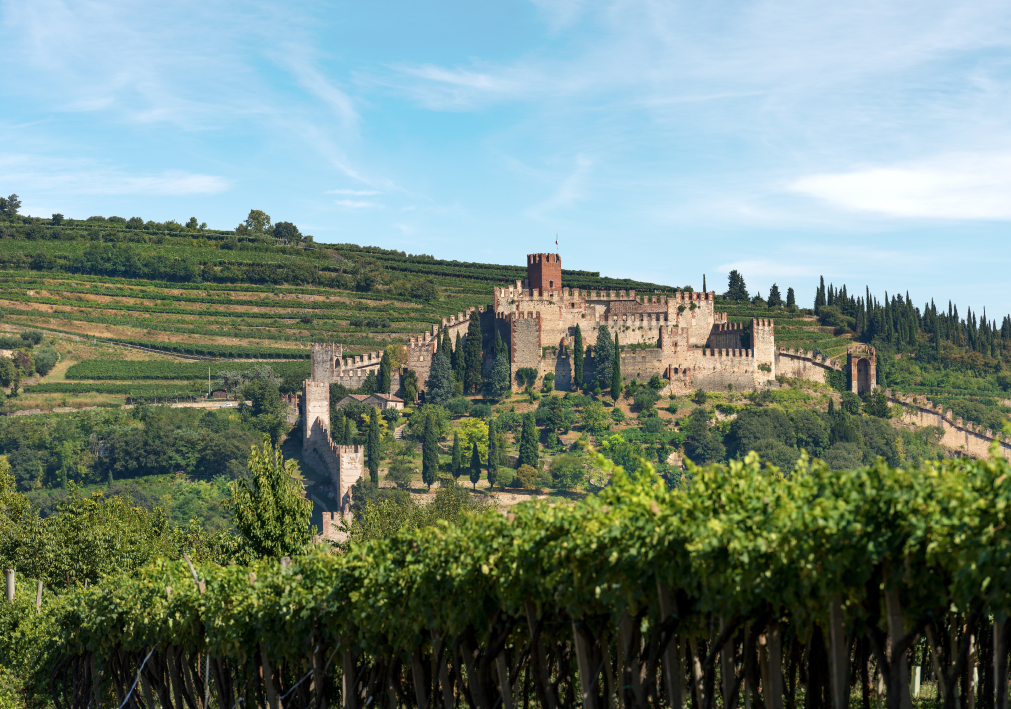
Vivaldi’s Valpolicella covers an area that spans from the borders of Val d’Adige to Val d’Illasi, crossing Valpolicella Classica. It is one of Italy’s most prestigious red wine districts. The area is linked to the tradition of Appassimento, an ancient technique that underpins the production of Ripasso and Amarone wines. The native grape is Corvina, which is at the heart of all DOC and DOCG production in the area.
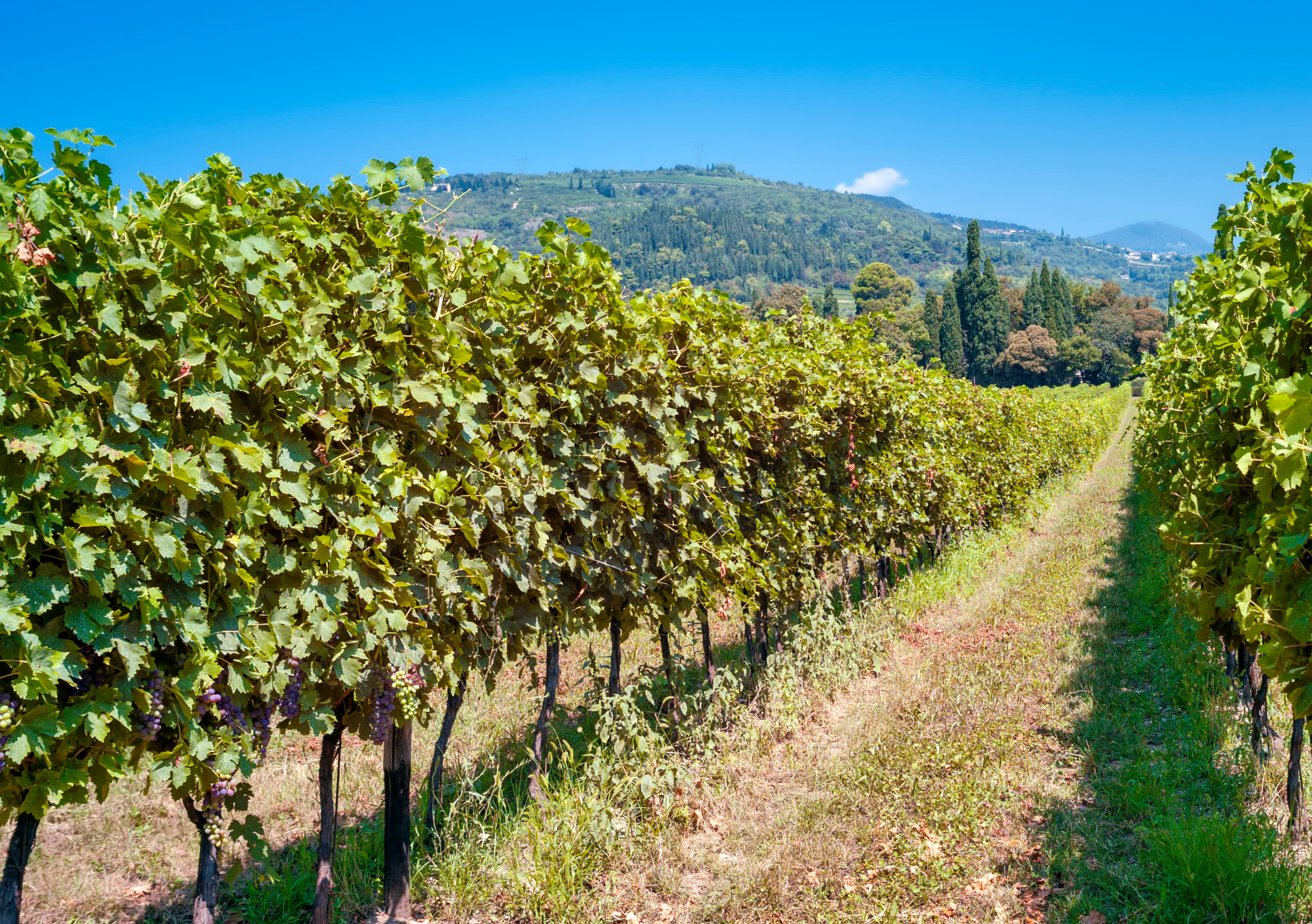
Lake Garda is a small expanse of fresh water, lapped by the slopes of moraine hills. The water basin and temperate climate foster an ideal microclimate for the cultivation of red and white grapes, which extend from the lake to the hinterland of Verona. Vivaldi embraces the story of the lands of Garda with Bardolino and Chiaretto di Bardolino DOC wines – modern, fragrant and lively – capable of expressing a truly unique place.
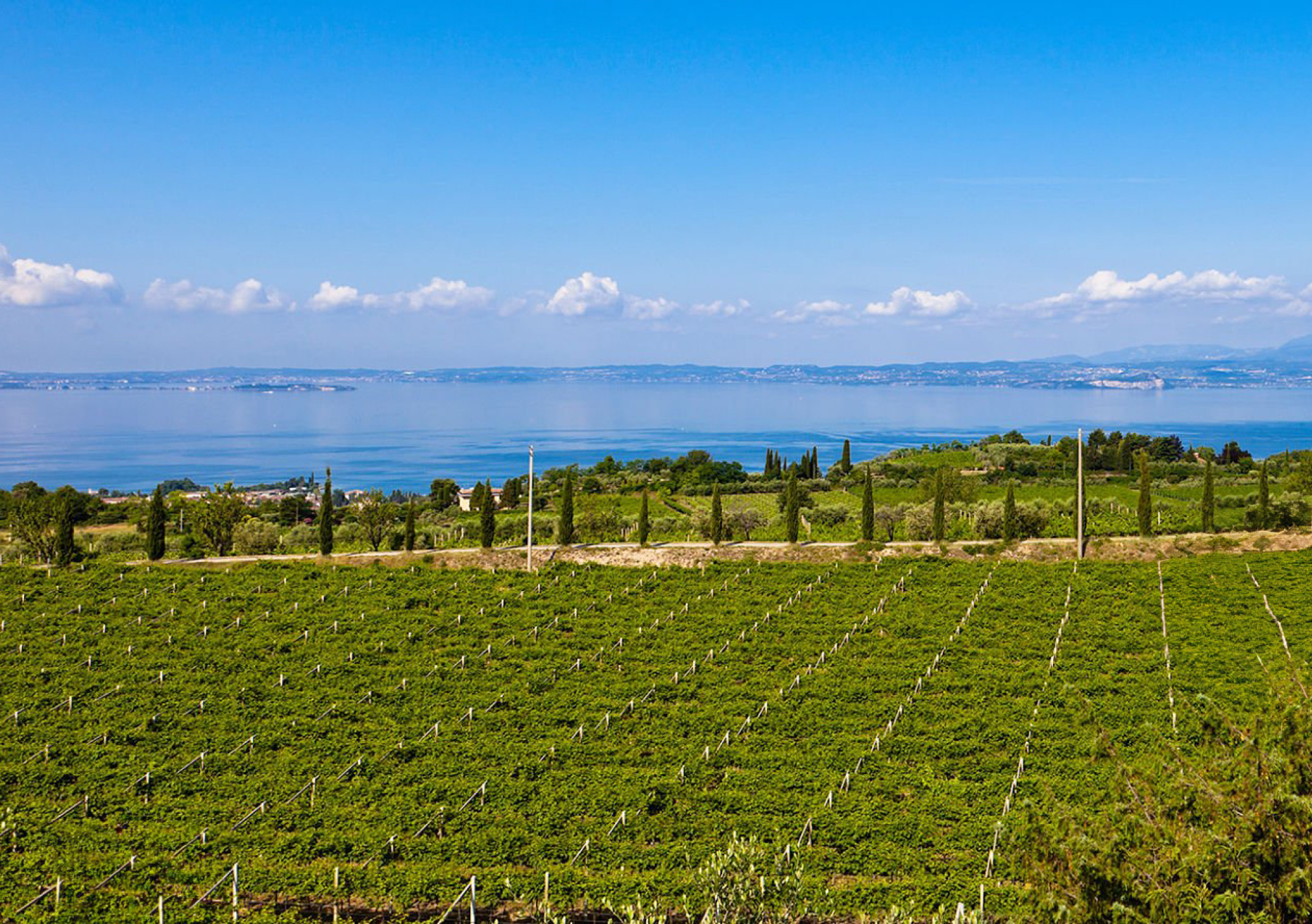
A very ancient winemaking technique that consists of drying the grapes to obtain concentration of colour, sugars and tannins. Cantina Valpolicella Negrar boasts the largest Appassimento drying facility in Northern Italy and participates in the Vivaldi project, bringing its knowledge of this technique, which has been developed over almost a century of history.
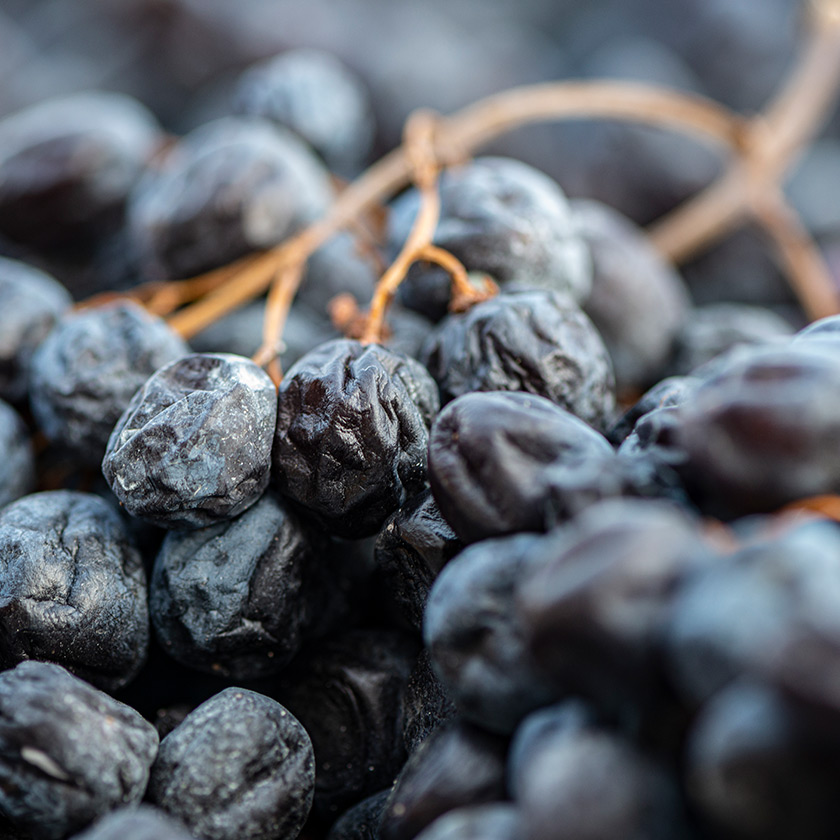
© Vivaldi Vini Valli di Verona Srl
Piazzale Vittorio Veneto, 93
37012 Bussolengo (Verona) – Italia
E-mail: vivaldi@vivaldiwines.com
Owned by Cantina Valpolicella Negrar s.c.a.